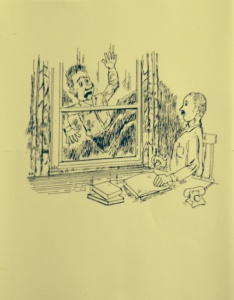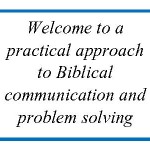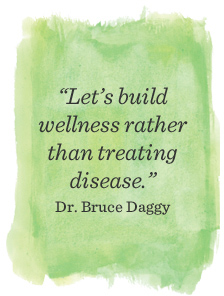This may seem an over-simplification of all you have been struggling with for perhaps too long, but it is not. God’s Word has a solution for every problem known to mankind.
A key verse supporting this teaching is I Corinthians 10:13:
“There hath no temptation taken you but such as is common to man: but God is faithful, who will not suffer you to be tempted above that ye are able; but will with the temptation also make a way to escape, that ye may be able to bear it.”
Temptations happen to everyone, so don’t feel you’ve been singled out. Others have resisted temptation, and so can you. Some struggling people do not see their problems rooted in temptation. Temptation in the Greek language also implies adversity, therefore it is proper to re-phrase the verse to read, There hath no adversity taken you….”
The second phrase has an important point we can extract, “…but God is faithful.” He is faithful to what? Many things, but in this principle, He is faithful to His Word.
According to John 1:1,2 and 14a: “In the beginning was the Word, and the Word was with God, and the Word was God. The same was in the beginning with God. And the Word was made flesh, and dwelt among us…”
In the best sense possible, if we apply God’s Word in problem solving we are employing God in our problem solving process.
The next phrase, “…who will not suffer (i.e. permit) you to be tempted above that ye are able,” embodies two implications. God will not leave us to be alone in our temptations. If we ask for help He will grant it, but He will not force Himself on anyone.
“…but will with the temptation (problem) also make a way to escape (solution), that ye may be able to bear it.”
Problems therefore are solutions in disguise.
Next Time: Naming the Problem
The Problem is __________
















